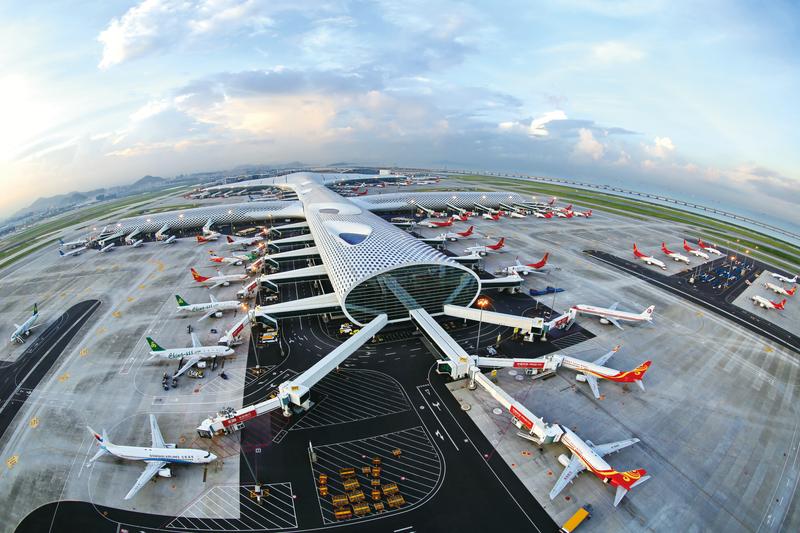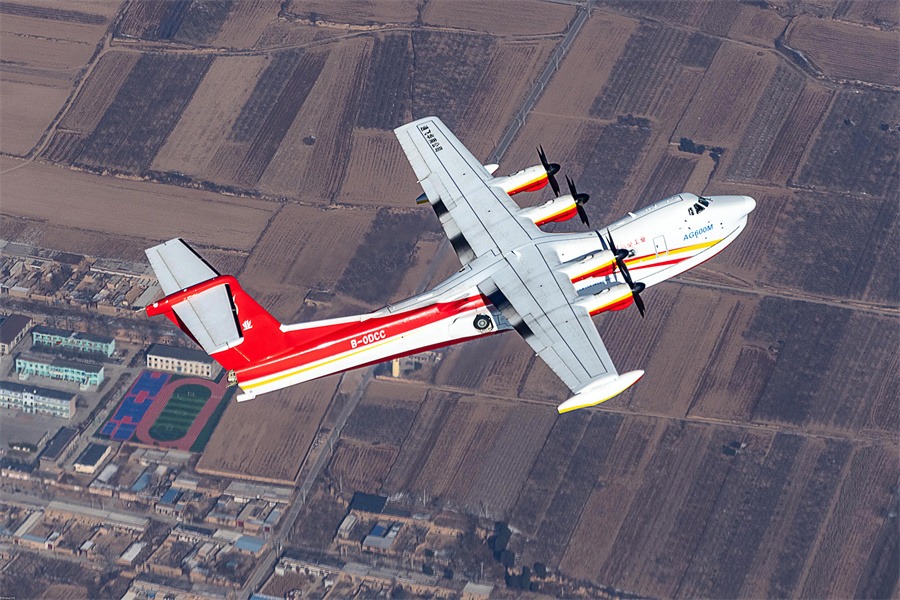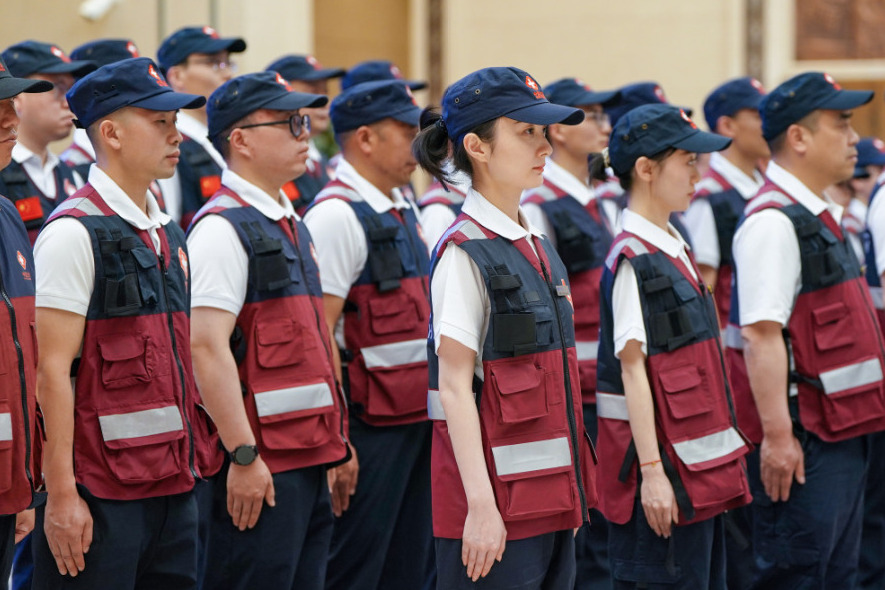Cargo jets into new frontiers


Currently, the route transports anti-pandemic supplies with two weekly shipments. The companies began testing vaccine delivery in mid-January and expect to ship in bulk from the second quarter of this year, according to Cainiao, the logistics arm of Chinese e-commerce giant Alibaba Group.
Wan expects the surge in demand to continue as more vaccines are well on course to be licensed for use.
In December, vaccines developed by mainland pharmaceutical company Sinopharm were granted marketing authorization in the United Arab Emirates and Bahrain. On Jan 2, Egypt also approved the emergency use of Sinopharm vaccines. Currently, China has five kinds of COVID-19 vaccines receiving final-stage clinical trials in 16 countries.
Wan anticipated there would be shipping demand from a local COVID-19 vaccine producer and potential producers in nearby areas in the future. Based in Shenzhen, vaccine developer Kangtai Biological Products has collaborated with British firm AstraZeneca to produce a COVID-19 vaccine co-developed by the firm and Oxford University. Kangtai promised an annual capacity of 200 million doses of vaccines by the end of next year.
Shenzhen airport facilitated more than 2,900 international cargo flights to 46 countries last year. Insiders attributed the performance to Shenzhen's solid foundation for bio-medicine and cross-border e-commerce industries.
The southern special economic zone has a thriving cluster of bio-medicine enterprises, including vaccine manufacturer Kangtai Biological Products and BGI Genomics, which has become a leading producer of COVID-19 testing kits, and ventilator supplier Mindray Bio-Medical Electronics. The city is also an e-commerce hub for domestic and cross-border transactions. Shenzhen is also home to a myriad of small-and-medium-sized companies running related businesses that form sophisticated industry chains.























